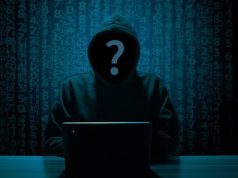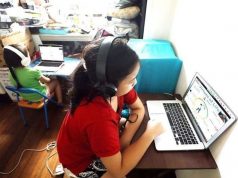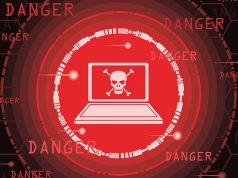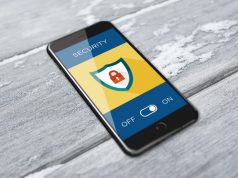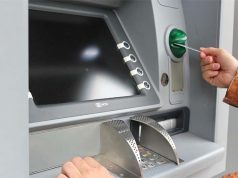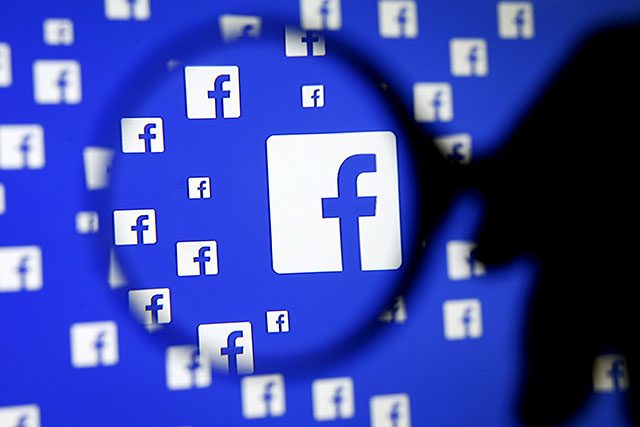
The sudden spike of empty dubious “clone” accounts on Facebook amid the calls to scrap the controversial anti-terrorism bill deviated from a previous strategy on online disinformation, according to a Global Digital Media associate professor.
Several Philippine universities over the weekend warned the public against interacting with nearly empty accounts that appeared to duplicate or copy the identities of their students, alumni and personnel.
This activity came after a series of protests were staged against the passage of the controversial Anti-Terrorism Bill of 2020, which lawyers and civic organizations perceived as unconstitutional.
READ: A dive into the sudden spike of fake accounts on Facebook
Author Jonathan Corpus Ong, who co-wrote studies about disinformation campaigns in the country, shared on Twitter that what happened last weekend was a “break” from the previous strategies fake news factories have employed since 2016.
“Having tracked the evolution of disinformation campaigns since 2016, this is alarming as it represents a ‘break’ from the previous strategy,” Ong said.
I’ve been asked to weigh in on the explosion of dummy accounts on Philippines Facebook especially in the wake of #JunkTerrorBillNow. Having tracked the evolution of disinfo campaigns since 2016, this is alarming as it represents a *break* from previous strategy. 1/8
— Jonathan Corpus Ong (@jonathan_c_ong) June 8, 2020
He cited findings from a study titled “Mitigating Disinformation in Southeast Asian Elections: Lessons from Indonesia, Philippines and Thailand,” published by the NATO Strategic Communications Center of Excellence in 2019.
Ong and Ross Tapsell, a senior lecturer and researcher at the Australian National University’s College of Asia and the Pacific, sought to compare the digital campaign specialists and paid individuals used to influence the political landscape of these three countries.
Instead of “automated influence,” Ong highlighted in his tweet the two main strategies they observed during last year’s mid-term elections:
- The use of micro-influencers and infiltrators of closed groups to manually seed narratives
- Doubling-down on DDS-vs-dilawan rhetoric
Micro-influencers referred to less popular celebrities who have more “intimate” relationships with their fans.
In a related study that Ong also participated in, these micro-influencers played a great role in spreading fake news during the 2019 campaign season.
The term “dilawan” refer to candidates of the opposition political party Liberal Party and their supporters while “DDS” is an acronym for “Diehard Duterte Supporters,” who are vocal supporters of President Rodrigo Duterte and his policies.
With the emergence of dummy accounts last weekend which Ong described as “automated,” he said that people should speculate on the process first before the motive of such online activity.
If he were to investigate it, Ong said he would ask Facebook and cybersecurity investigators the following:
- To what extent is this automated or manually operated?
- Was there a security breach/data hack that exposed our private information?
- What other information of ours do they have access to?
More complex than it seems
Ong cited another study in 2018 which he conducted with Jason Cabañes from the University of Leeds titled “Architects of Networked Disinformation: Behind the Scenes of Troll Accounts and Fake News Production in the Philippines.”
In this study, they found that advertising and public relations executives are the ones behind organized efforts to spread misinformation in favor of businesses and political aims.
Ong stressed that these are not carried out by bloggers such as Mocha Uson.
“From three years of interviewing ‘trolls’ and disinformation architects, the sophisticated ops are NOT carried out by cheapfakes or influencers like Mocha Uson,” he said.
These high-level strategists “control the narrative” and mostly operate without being seen.
However, they sometimes tried to show off their “influence operations” to impress potential political clients or create a public distraction.
Ong then raised the concern that the people behind the creation of duplicated or fake accounts means they have easy access to the original Facebook users’ personal data.
“I’m personally worried as I can see that my mom has several fake accounts. I also see that some cheapfakes have faces & even homophobic slurs – so what data do they have access to?!” he said.
Ong also cited another related report which discussed the four models of disinformation in the country as a reference on what type of individual or entity could be behind the dummy profiles:
- In-house staff model
- Advertising and PR model
- Clickbait model
- State-sponsored model




